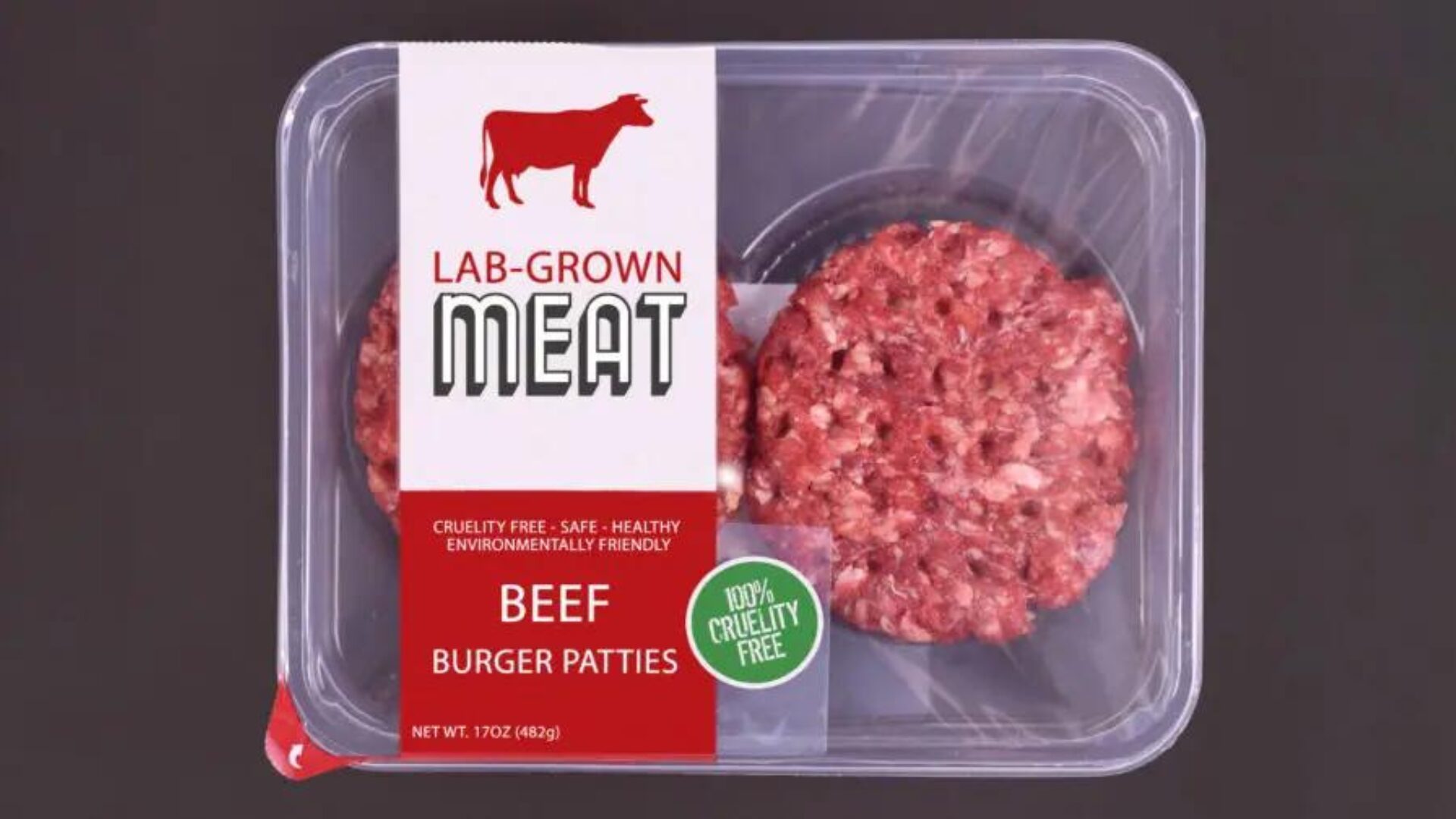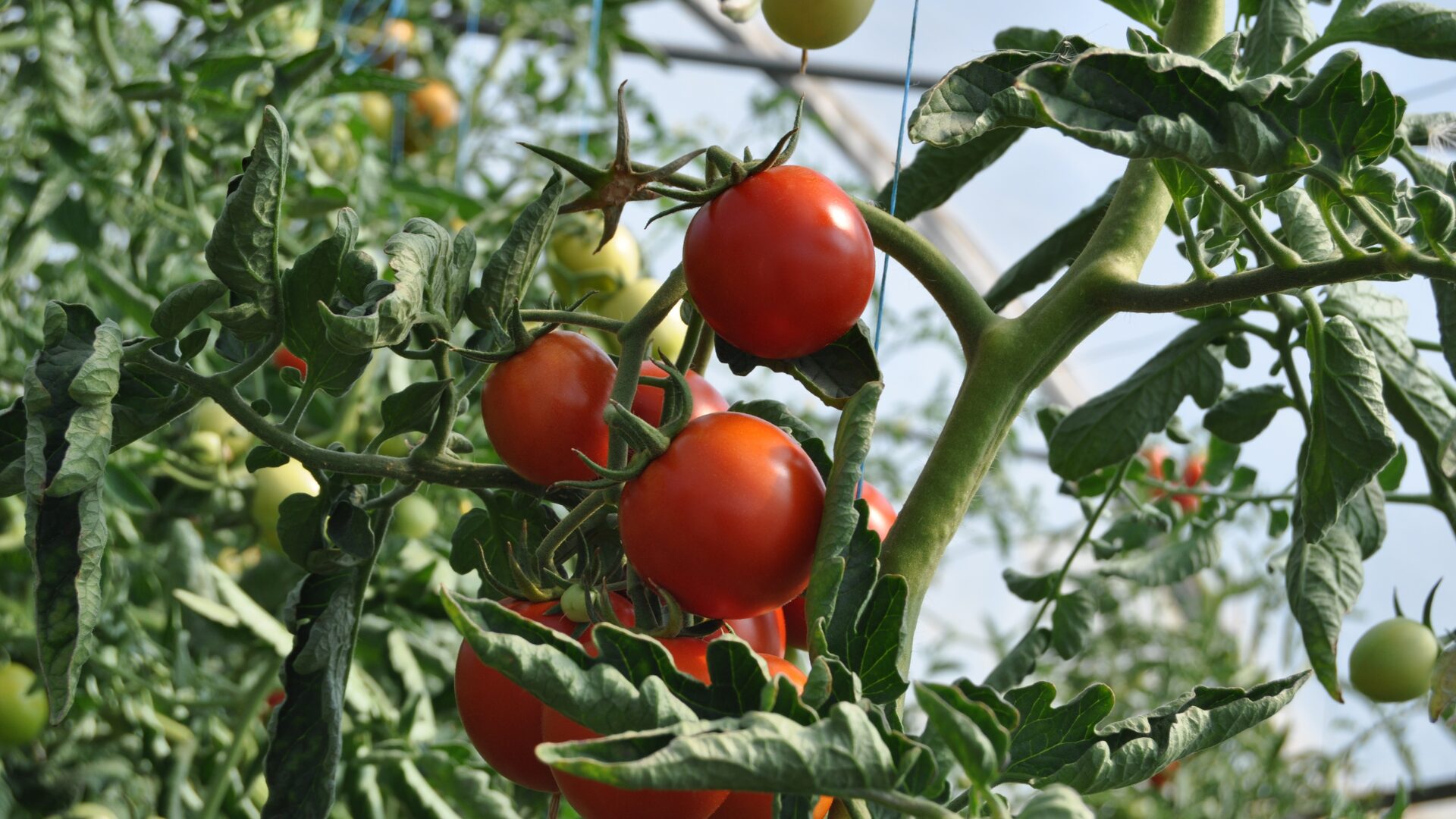In early March, the Florida House approved a wide-ranging bill that would ban the sale of cultivated meat. The legislation is now en route to Governor Ron DeSantis for consideration.
If passed, the legislation would make it a second-degree misdemeanor to sell or manufacture cultivated (lab-grown) meat in the state, reported the Florida Phoenix.
In November 2023, Italy banned cultivated meat. Florida is the first U.S. state to make similar moves, but Arizona, Alabama, and New Hampshire are circulating similar restrictions.
Bill Supporters Point to Need for Further Research
The agriculture establishment in the Sunshine State is in strong support of the legislation. That includes the Florida Farm Bureau, the Florida Poultry Federation, the Florida Cattlemen’s Association, and the Florida Fruit & Vegetable Association.
In a statement issued after the House vote, Florida Agriculture Commissioner Wilton Simpson said the bill is “a reflection of our continued commitment to supporting and protecting Florida’s farmers, ranchers, and growers, and enhancing consumer protection and transparency.”
Bill supporters also pointed to questions surrounding the safety of cultivated meat, noting that more research is needed to support its viability for consumption, reported NBC Miami.
“If you believe that we are doing this because we know that Florida agriculture can hold us down and provide plenty of safe, quality beef and agricultural products, you are absolutely correct,” said Republican House bill sponsor Danny Alvarez. “And if you believe we are banning [cultivated meat] so we are safer, you are also correct.”
A potential research ban was removed from earlier versions of the bill due to concerns surrounding its impact on the space industry, which is looking at cultivated meats for long-term space journeys.
Potential Impacts on State Innovation…and Beyond
According to Jennifer Stojkovic, Founder and CEO of Vegan Women Summit, the state’s agricultural groups are pushing back on cultivated meat because they see it as a potential threat to their industry.
“Notably, more than 3% of the entire cattle population in the United States is now in Florida, indicating that livestock is growing as an industry in the state,” she told The Food Institute. “This growth suggests that the heart of the opposition to cultivated meat may be more about the political dynamics in Florida.”
Stojkovic further observed that most cultivated meat facilities have been announced in more conservative states, offering an opportunity for job creation and innovation.
“For a state like Florida, known for its efforts to attract investment, opposing cultivated meat could deter investors and impact the state’s innovation landscape,” she said.
“This is particularly concerning given Florida’s investment in higher education and the role of universities like the State University of Florida, ranked as the number one public university by The Wall Street Journal last year, in fostering startups and businesses.”
In a debate preceding the bill’s approval last week, opponents voiced similar sentiments.
“My concern is the message we’re sending to businesses, to new technologies that are looking for a new place to invest in this country and that they might not look at the state of Florida,” said Democratic Rep. Christine Hunschofsky. “Every time we’re changing the goalposts. We’re acting from a place of fear, as opposed to a place of fostering a spirit of innovation.”
While federal agencies have deemed lab-grown meat safe to eat, the bill could potentially add more bureaucratic obstacles to its adoption in the U.S. if signed.
“Currently, only two companies, Good Meat and Upside, have received regulatory approval for cultivated meat, with no new approvals in sight despite more than a dozen companies waiting,” said Stojkovic. “This indicates that federal regulations pose a more significant barrier to the adoption of cultivated meat than state-level actions, representing a broader issue.”












